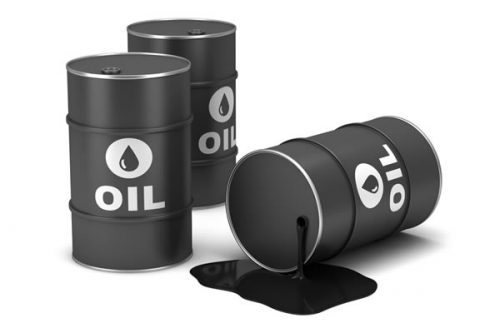BY BRIGHT JACOB
The Nigeria Extractive Industries Transparency Initiative has said that Nigeria lost about N1.96 trillion to oil theft, sabotage and oil production adjustment in 2021.
NEITI disclosed this in its recent 2021 Oil and Gas Sector Report.
Accordingly, it explained that 68.47 million barrels of crude oil were lost in the year under review.
Figures from Statistica, an international statistical firm, showed that the average cost of crude oil in 2021 was $70.86 per barrel.
Also, according to data from Exchange Rates UK, a global rates monitoring firm, the average exchange rate of the dollar against the local currency in 2021 was N403.58/$.
By losing 68.47 million barrels in 2021, the implication is that Nigeria lost about $4.85 billion in 2021.
Under the crude oil production and exports section in the report, NEITI said, “The total volumes of oil and gas production for 2021 were extracted from the NMDPRA (Nigerian Midstream and Downstream Petroleum Regulatory Authority) sign-off documents.
“This document is signed by the production company, NMDPRA and NNPC (Nigerian National Petroleum Company Limited) following the yearly reconciliation of production figures.
“The figures were also reconciled with the companies during the audit. For 2021, 54 companies produced crude oil, resulting in a total metered production of 634.60 million barrels.
“However, 68.47 million barrels was lost to production adjustment, measurement error and theft/sabotage, leaving a balance of 566.13 million barrels as fiscalised production for 2021″.
The Executive Secretary, Major Oil Marketers Association of Nigeria, Clement Isong, said that the Federal Government must work hard to stop crude oil theft.
He said oil theft was not only stopping Nigeria from meeting its production quota as approved by the Organisation of Petroleum Exporting Countries, but was denying the country a whole lot of dollars required for the imports of goods.
“The I&E (Importers and Exporters) window is illiquid. There’s no money there.
To buy products, for instance, petrol, it costs you between $25m and $30m. You can’t find it in the I&E window. So it doesn’t work and that is why people are not importing,” Isong said.
NEITI had earlier said that Nigeria lost about N16.25trn to crude oil theft and sabotage of crude assets between 2009 and 2020.
“By losing 68.47 million barrels in 2021, the implication is that Nigeria lost about $4.85 billion in 2021”
NEITI said the amount lost was a result of the loss of over 619.7 million barrels of crude oil within this period.
The Executive Secretary of NEITI, Ogbonnaya Orji, who revealed this at a multi-stakeholders roundtable on the approval of the agency’s 2022 industry report on Wednesday also said that Nigeria spent N13.7 trn on subsidy payments between 2005 and 2021.
He also announced that unlike previous reports that were prepared by foreign companies, the subsequent ones were prepared by two local companies which has helped to increase the capacity of indigenous companies.
The report was adopted at the multi-stakeholders roundtable with some members of civil society groups calling for minor amendments to immaterial errors that entered the report.
At the same event on Tuesday, NEITI said it will begin providing baseline information and data on the use and management of 13 percent derivation paid to oil producing states as well as details of the country’s petrol consumption.
This development will provide critical data required to monitor how much is being allocated monthly to oil-producing states and their management is a fraught political issue as states with solid minerals have canvassed to be included in the list.
Petrol consumption in Nigeria has been the subject of intense interest following the removal of subsidies.
Prior to scrapping petrol subsidies, petrol consumption was officially said to be around 66 million litres daily, but the bulk of that reportedly was smuggled outside the country.
Since its removal, consumption has fallen by a third, according to figures from the government regulator.
Orji said the baseline study is important to determine if the states are getting their dues and if the government is paying what it should.

